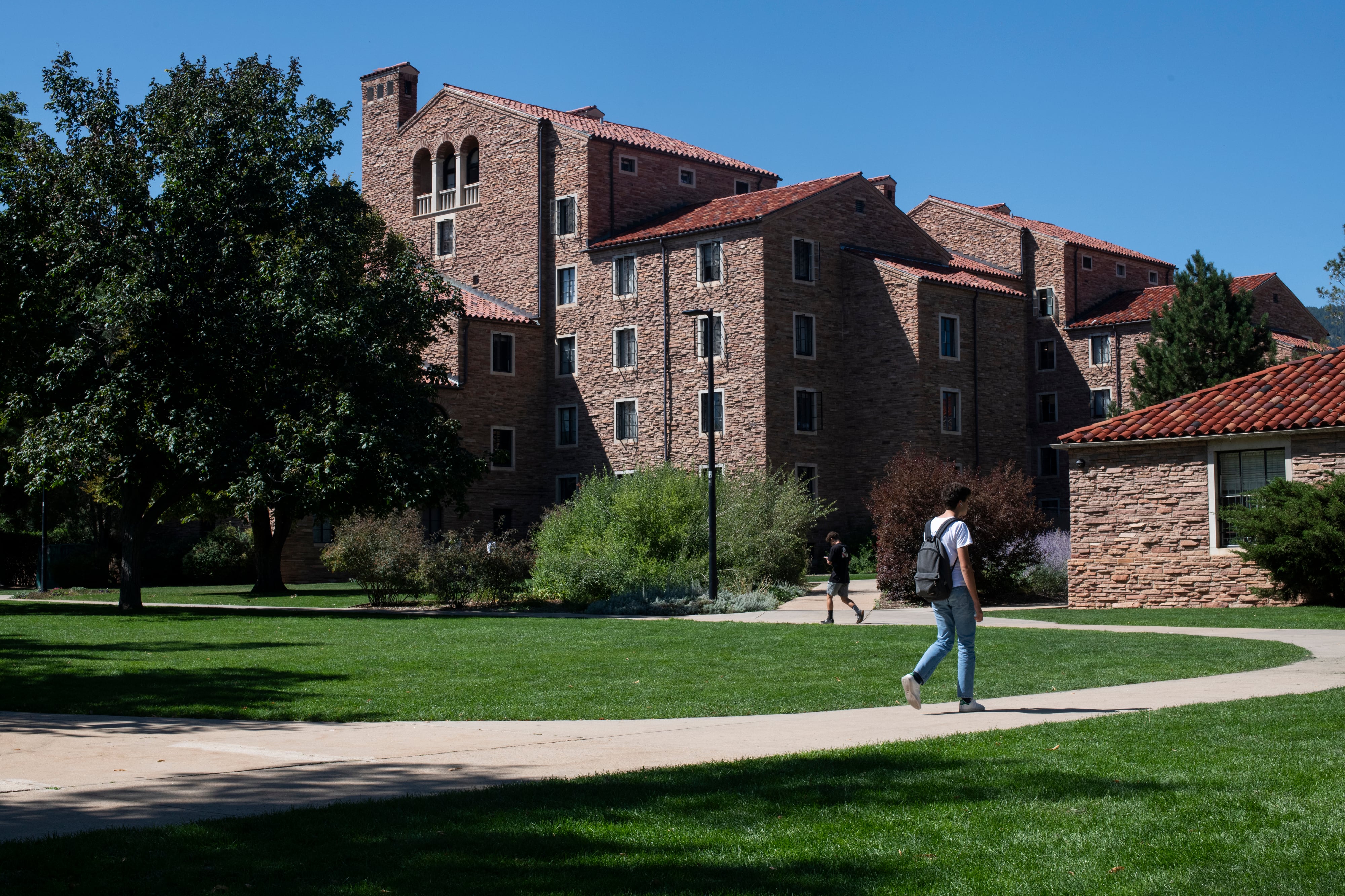Sign up for our free monthly newsletter Beyond High School to get the latest news about college and career paths for Colorado’s high school grads.
For the first time in three-and-a-half years, student borrowers will need to pay on their loans.
The Supreme Court rejected the Biden administration’s student loan relief proposal earlier this summer, dashing many Americans’ hope for aid. Interest on the loans began to accrue on Sept. 1, and repayments are due in October.
More than 44 million Americans hold about $1.7 trillion in student loan debt. The student loan pause enacted during the COVID-19 pandemic freed up finances to help them save for the future, get ahead on bills, buy homes, or even get married. Now, some might struggle to fit the monthly bill back into their budgets or pay back their loans.
At the same time, new repayment options will give some borrowers a break. An estimated four million Americans have signed up for one of them. Lots of borrowers are figuring out the best decision on how to pay off loans now and over the long term.
As Americans prepare for repayment, Chalkbeat wants to know what this means to you. We’re especially looking to hear about how the pause affected them and how its end will change their lives.
We plan to use the results of the short survey below to inform our coverage.
If you are having trouble viewing this form, go here.
Jason Gonzales is a reporter covering higher education and the Colorado legislature. Chalkbeat Colorado partners with Open Campus on higher education coverage. Contact Jason at jgonzales@chalkbeat.org.






